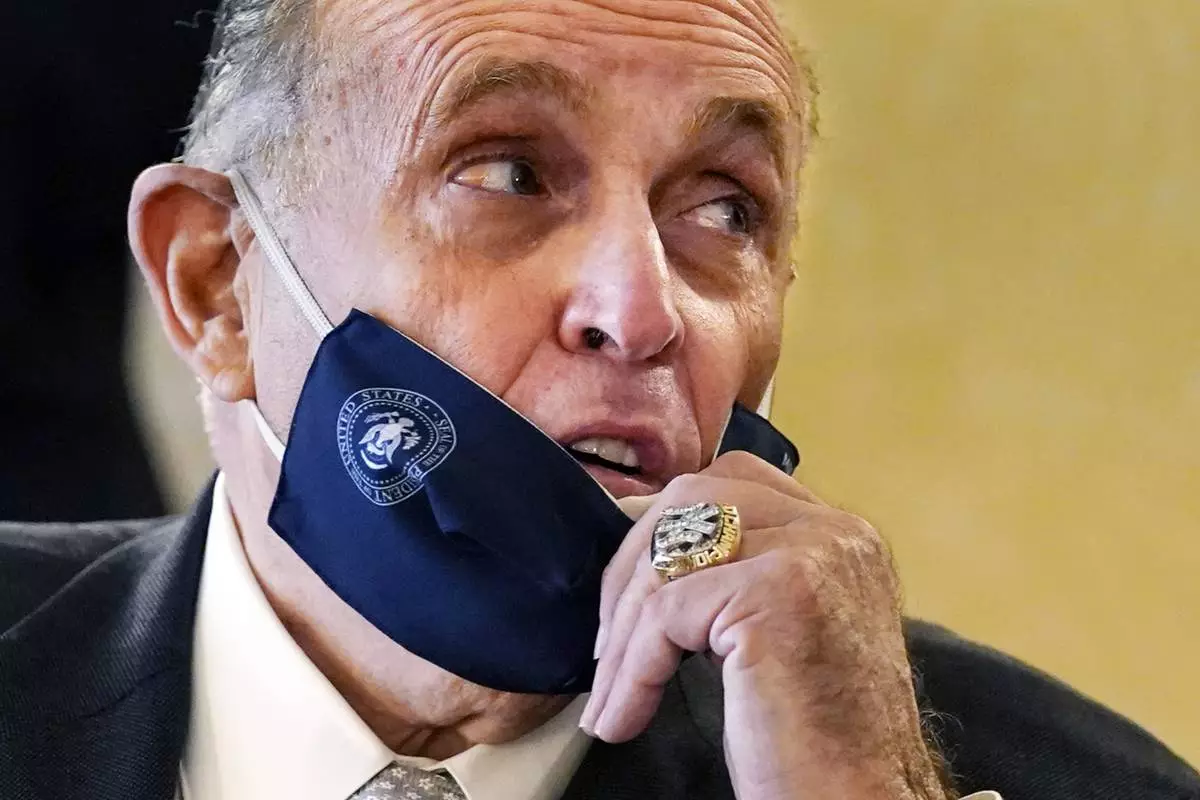Forms of compensation like r estricted stock units and performance shares—whereby executives receive a batch of stock from their companies after meeting a performance target — have some key advantages relative to employee stock options.
They’re more straightforward than stock options, and the associated taxes are less complex and often better aligned with gains. That said, employee stock options can be a key source of wealth for some households. That means if options are part of your compensation package, it’s worth your while to get familiar with how they work generally, as well as how your company handles stock options specifically.
When employees receive stock option grants, they have the opportunity to exercise the options at some later date at a predetermined price, called the strike price or exercise price.
Assume that Sharon received 100 shares of her employer stock in 2014, when it was trading at $2.35 per share, with a strike price of $10 per share and an expiration date of Dec. 31, 2023. If the stock were trading at $20 per share when Sharon wanted to exercise her options toward the end of 2023, the options would be “in the money,” meaning that the strike price is below the stock price at the time of exercise. Her profit would be on the difference between her $1,000 exercise price (her 100 stock options multiplied by the $10 strike price) and $2,000, the shares’ value at the time of exercise. She could either continue to hold the stock after exercise in the hope that it would go higher, or sell and pocket her profit.
There are two key types of employee stock options: incentive stock options and nonqualified stock options. That distinction has a big impact on the tax treatment, which in turn may affect the strategy you employ with the options.
Nonqualified stock options (NSOs) are taxed at the investor’s ordinary income tax rate at the time of exercise.
Incentive stock option (ISO) gains, by contrast, aren’t taxed as ordinary income at the time of exercise (unless the ISO holder sells the stock at the same time). Instead, there’s a tax benefit to holding the stock after exercise in order to qualify for the lower long-term capital gains rate on the profits from the sale.
In order to do so, however, the employee must meet two criteria: 1) they must have held the options more than two years beyond the grant date and 2) they must hold the stock more than one year after exercise.
As with restricted stock, employees with hefty options grants risk having too much of their economic wherewithal riding on their companies. Minding diversification argues for divesting the shares as soon as is practical while balancing that against tax considerations and the company’s valuation (especially undervaluation).
One way to mitigate the risk of exercising options at precisely the wrong time is to exercise a portion of a grant at a time. Much like dollar-cost averaging into a stock or fund, conducting multiple exercises of multiple lots of options can help ensure that an employee exercises at a variety of price points. Exercising over a period of years rather than all in one go will also enable the employee to spread out the tax costs related to the options. Here again, it’s helpful to obtain advice from a tax or financial advisor who’s well-versed in options to determine the best course of action.
—-
This article was provided to The Associated Press by Morningstar. For more personal finance content, go to https://www.morningstar.com/personal-finance
Christine Benz is the director of personal finance and retirement planning at Morningstar.
Related links:
What are restricted stock units? https://www.morningstar.com/personal-finance/what-are-restricted-stock-units
How to make sure your personalized portfolio doesn’t backfire https://www.morningstar.com/portfolios/how-make-sure-your-personalized-portfolio-doesnt-backfire

FILE - A specialist studies monitors on the New York Stock Exchange trading floor in New York on November 21, 2024. (AP Photo/Ted Shaffrey, File)











